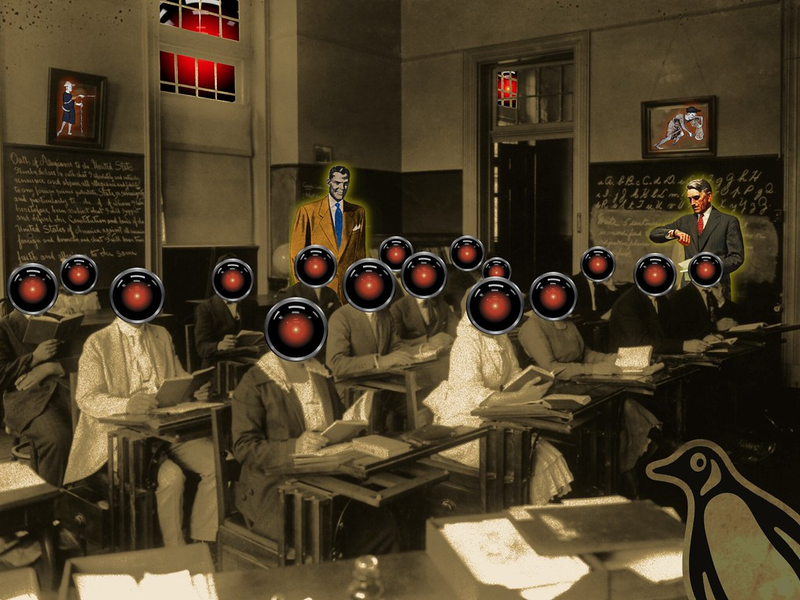Writers Unite Against AI: A Battle for Creative Integrity

Photo by gruntzooki | License
In a powerful stand against artificial intelligence’s encroachment on creative work, a group of prominent authors has launched a passionate open letter challenging book publishers to limit AI usage. Leading writers like Lauren Groff, Lev Grossman, and R.F. Kuang are demanding protections for creative professionals in an increasingly automated landscape.
The letter, which quickly garnered over 1,100 signatures within 24 hours of publication, argues that AI companies are fundamentally “stealing” writers’ work by using their intellectual property to train machine learning models without compensation. These authors emphasize that technological advancement should not come at the expense of human creativity and fair labor practices.
Key demands include preventing publishers from releasing AI-generated books, maintaining human staffing levels, and committing to hiring only human audiobook narrators. The authors see these commitments as crucial safeguards against potential wholesale replacement of human creative work.
Despite their passionate plea, recent federal court decisions have posed significant challenges to authors seeking legal recourse. Multiple lawsuits against tech companies training AI models on copyrighted books have been dismissed, suggesting an uphill battle for creative professionals seeking to protect their intellectual property.
This emerging conflict highlights broader questions about technological ethics, intellectual property rights, and the evolving relationship between human creativity and artificial intelligence. As AI capabilities continue to expand, the creative community finds itself at a critical crossroads, fighting to ensure that technological innovation respects and values human artistic expression.
The open letter represents more than just a professional protest, it’s a statement about the fundamental worth of human creativity in an increasingly algorithmic world. By standing united, these authors are sending a clear message: technological progress must not come at the cost of human dignity and creative integrity.
AUTHOR: rjv
SOURCE: TechCrunch
























































